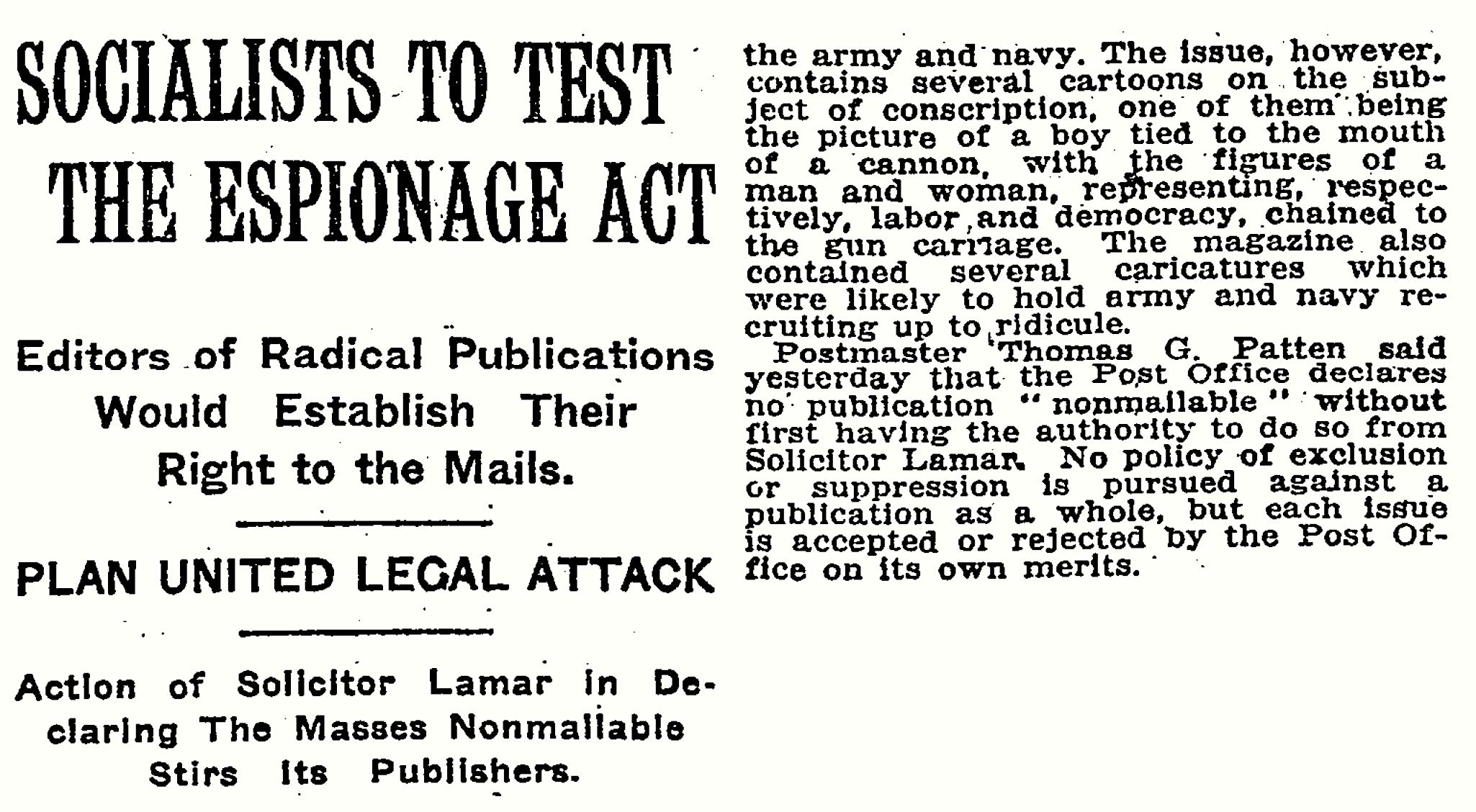
A potential violation of section 793 is what Trump is currently under investigation for. Section 793 involves “gathering, transmitting or losing defense information, which also includes refusal to return information that is demanded by the government.” This carries a maximum of a 10 year prison sentence if convicted.The two sections, presumably due to the important distinction of involving a foreign government in the offense, carry drastically different sentences.ĬBS News highlighted the following differences between the two sections: Sections 793 and 794 are noteworthy, because while they have key similarities, they don’t share what is arguably the most significant offense - sharing classified defense information with a foreign government for its aid. The punishment for someone found guilty of violating the act can range in severity, depending on which section an individual is charged under. “The law criminalizes the unauthorized retention or disclosure of information related to national defense that could harm the United States or aid its enemies,” The New York Times reported. In most contemporary cases - though not all - the Espionage Act applies to mishandling or sharing classified information. What is the punishment for violating the Espionage Act? While the entirety of the law isn’t fully utilized today, the Espionage Act’s most notable sections are still applicable and can be used in current court proceedings, per USA Today. Anyone found guilty of such acts would be subject to a fine of $10,000 and a prison sentence of 20 years,” according to History. armed forces prosecution of the war effort or to promote the success of the country’s enemies. The act’s original rendering “made it a crime for any person to convey information intended to interfere with the U.S. Congress passed the act on June 15, 1917, under President Woodrow Wilson’s administration, and it was heavily utilized by then U.S.

Presidents can declassify documents ‘even by thinking about it,’ Trump saysįresh into a new war against Germany, the U.S.Trump under investigation for potential Espionage Act violation, court records show.With the act still being relevant more than 100 years after it was introduced, let’s take a look at some of the central tenets of the Espionage Act and its historical role in domestic and international relations. The modern application of the act in today’s court of law has been used to charge or prosecute whistle-blowers that leak classified data - think Edward Snowden, Reality Winner and Chelsea Manning. In actuality, the Espionage Act was originally passed by Congress in an effort to address opposition to the United States’ role in World War I, per The New York Times. When hearing the word “espionage,” one might picture an old-fashioned spy or a 21st-century hacker. Why it matters: According to federal agents’ search warrant of his Florida home, Trump is under investigation for potentially violating the Espionage Act. President Donald Trump and the FBI’s raid of his Mar-a-Lago estate in August of this year. The Espionage Act has been swirling about throughout the media in recent weeks, mainly concerning former U.S.


 0 kommentar(er)
0 kommentar(er)
